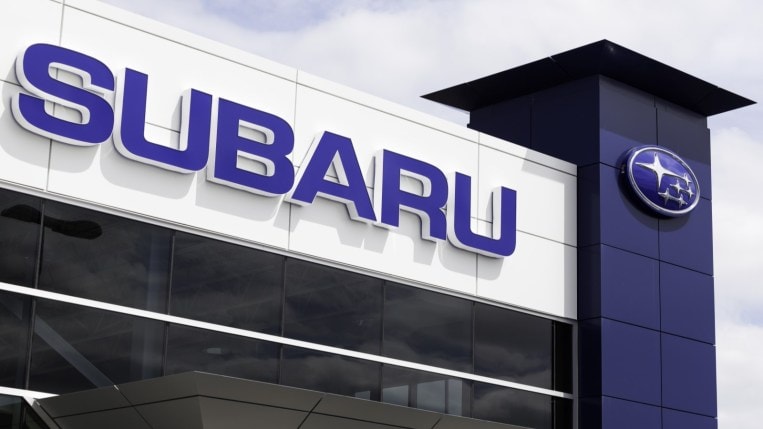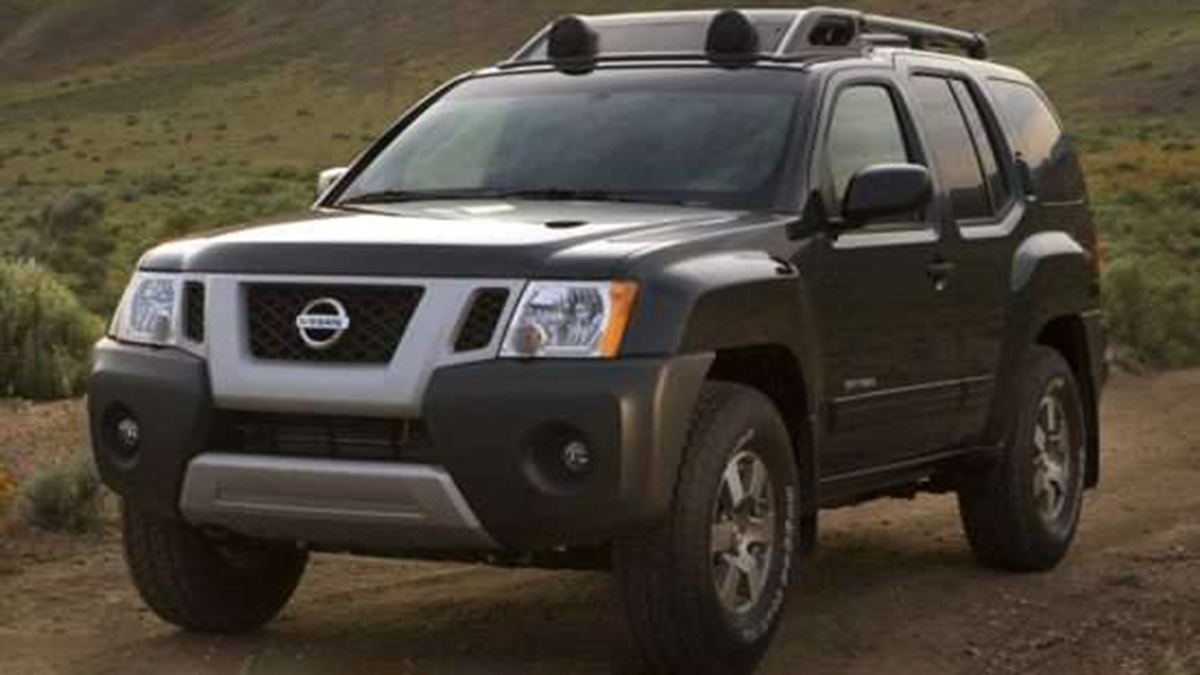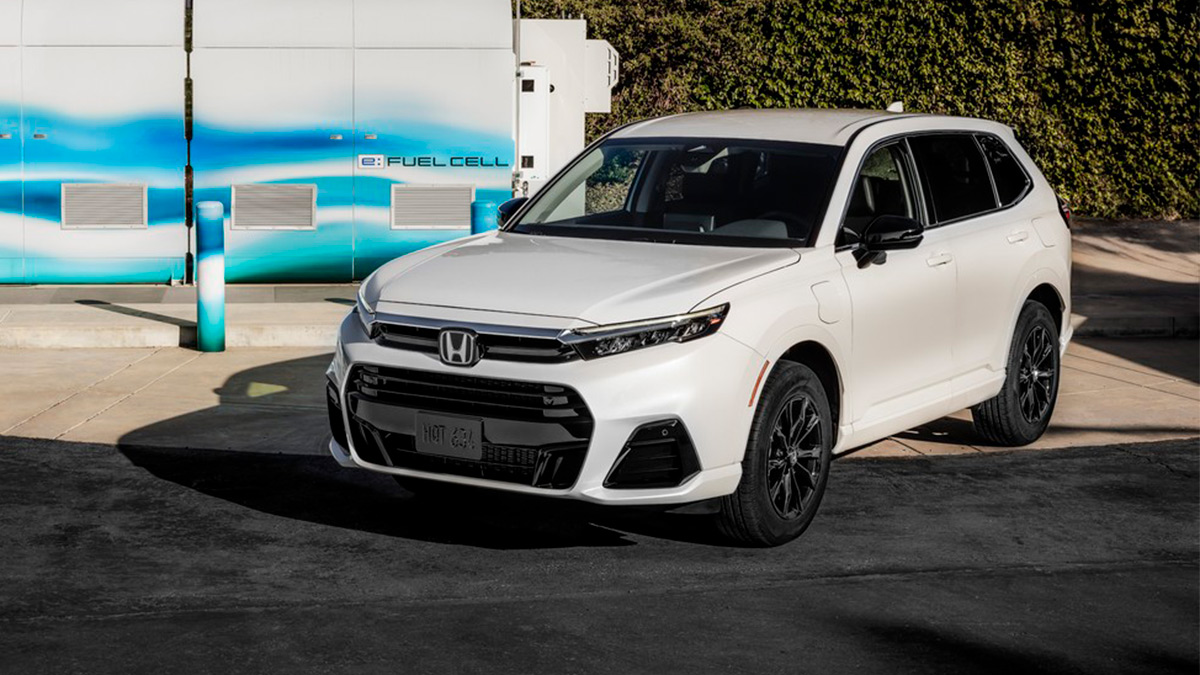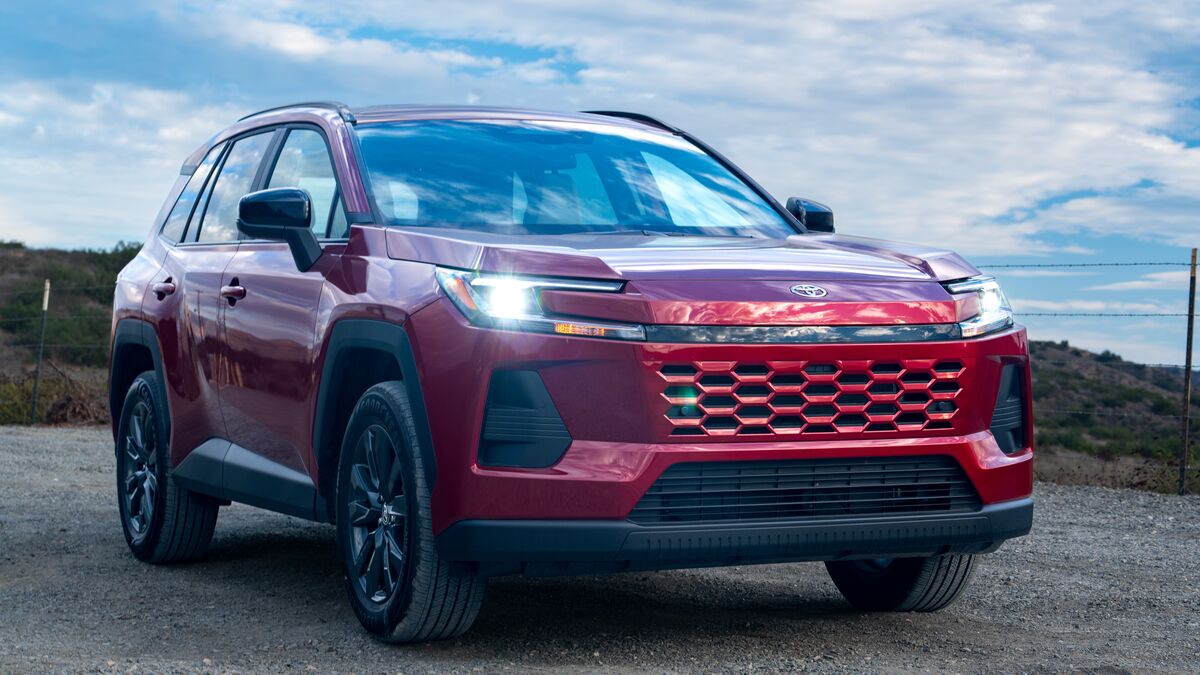
Letter Asks Dealers to Avoid Marking Up Cars
So Subaru has become the latest in a string of automakers to caution its own dealerships to play fair with pricing. But, being Subaru, they’ve done it with love.
Jalopnik has obtained a letter from Subaru CEO Thomas Doll to dealers. Er, retailers. It’s the nicest letter. Doll goes out of his way to explain that “Subaru retailers” are unlike other car dealers.
“Taking advantage of the current market imbalance between supply and demand is something a ‘car dealer’ would do,” Doll writes. “It’s NOT something a ‘Subaru Retailer’ would consider doing.”
Doll goes on to explain that Subaru has received many letters and emails “voraciously complaining about sales of our vehicles at prices above MSRP.” Such prices, Doll writes, break the “Subaru Love Promise” (his capitalization, not ours) and risk the brand’s reputation.
Doll does not threaten dealers with any particular action but rather asks them to “please stay committed to our brand philosophy.”
An Industry-Wide Problem
Subaru may see itself as a loving company, but it faces the same problems that affect other car brands. Doll’s letter makes it at least the fifth company to caution its dealers over car prices.
- Ford has sent a warning letter to dealerships, and CEO Jim Farley has used investor meetings to publicly call out dealers for high prices.
- GM has issued its own letter warning dealers against markups.
- Nissan, and its Infiniti luxury brand, have sent a letter cautioning dealers to honor the terms of lease agreements.
- Hyundai, together with its Genesis luxury brand, has sent a letter admonishing dealers against high prices.
Can’t Car Companies Control Prices?
The problem may seem a little absurd. After all, if McDonald’s is concerned about the price of a Big Mac, they can just change it, right?
Car prices don’t work that way.
The auto industry is unique in that car dealerships are festooned with branding from car companies, but the car companies don’t actually run them. With the exception of a few recent startups like Tesla and Rivian, car companies don’t operate their own dealerships.
Instead, they sell cars to dealerships that sell them to drivers. Those dealerships can set any price they’d like to. Hence, the term MSRP – manufacturer’s suggested retail price.
The past year and change have radically disrupted the old sales model. Between the COVID-19 pandemic and a worldwide microchip shortage, automakers haven’t been able to build cars as fast as they used to. That has left demand higher than supply.
Dealers are left dependent on fewer sales but confident they can get more per sale than ever before.
That has led many to add surcharges and non-standard fees.
Automakers can’t stop them, but they know the practice hurts their own reputations. When buyers walk away from a deal with a bad taste in their mouths, they don’t tend to blame just the local dealership. They carry anger toward the company that built the car.
What They Can Do
Since automakers don’t set their own prices, they have limited tools to decrease car prices. They can use public shaming, polite requests, and one other tool.
Subaru wasn’t specific about what it would do to punish dealers who overcharge. But Ford and GM have been. Both companies say they’ll send dealers who overcharge fewer cars to sell and may keep the most popular models from the most abusive dealerships.
Both brands have huge dealership networks. Most customers live within a reasonable driving distance of more than one Ford or Chevrolet dealer. So the companies could probably withhold popular models from some dealerships without losing customers – buyers could just go to the other Ford dealership in town to buy the same car.
Part of a Larger Evolution?
The pricing argument may be just one part of a big shift.
Tesla opened a Pandora’s Box for the industry when it embraced a sales model where the company directly operates its own stores.
The no-middleman sales model was illegal in many states when Tesla first launched. But the company has undertaken state-level lobbying efforts and won changes to the law in many areas. It now legally owns and operates its own stores in about half of states. It sells cars directly to buyers through the internet in others.
Legacy automakers have huge dealership networks they depend on, and can’t easily move toward the Tesla direct-sales model. But consumers are getting used to it. Even Ford now sells some of its most popular cars through an online reservation system.
It all suggests a future that cuts out dealerships. That change would take many years to unfold, and we don’t expect to see it soon.
But the forces shaping the future of car buying seem clear. Some dealerships continue to burn their reputations through hefty markups. Customers continue to move their shopping experience out of the dealership. And automakers continue to feud with dealers over pricing.
Those forces probably won’t come together in time to control how you buy your next car. But, within a decade, they could mean a very different car shopping experience.







